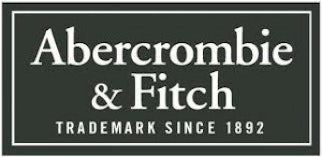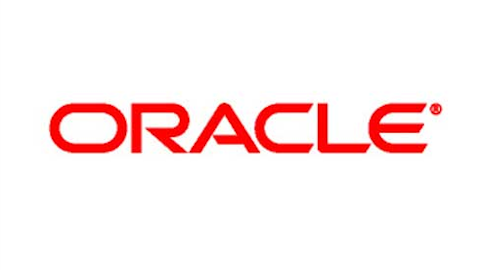A director at Deloitte Services LP and coauthor of The Three Rules: How Exceptional Companies Think, Michael Raynor joins the Fool to share his findings about what makes a company successful for the long haul.
In this video segment, Michael discusses the diversity of the Miracle Worker companies and how the fundamental rules allow companies to follow the same “recipe” using different ingredients. The full version of the interview can be seen here.
A full transcript follows the video.
Brendan Byrnes: If an investor is looking at your book and saying, “How do I go over that methodology? How do I look at companies this way?” what would you say to them when they’re trying to evaluate a company?
Michael Raynor: That’s a great question.
First of all, I’d say that our work is fundamental in nature. We’re looking at company fundamentals and we try to understand companies that are great companies, rather than necessarily identifying companies that are going to be great investments.
Now, it does turn out, however, that companies that deliver superior profitability tend to have better total returns to shareholders than companies that don’t deliver superior profitability. Being an adherent to the three rules, as far as our data are concerned, suggests good things for equity holders.
Brendan: I think you mentioned there are 18 companies in that upper echelon that you found. What’s the one that impressed you the most?
Michael: That’s an interesting question. I hadn’t really thought about the “top of the Pops.” I think they all impressed me in very different ways because they all had their own unique formula for delivering exceptional performance.
Again, that’s why rule No. 3 is There Are No Other Rules. It’s all about being better and driving revenue. In a sense, every company’s got the same recipe but fundamentally different ingredients. It was the uniqueness of every one of them that I found so impressive and, frankly, so surprising.
Brendan: Could you maybe walk us through a few examples of specific companies amid those 18?
Michael: Sure. We have three categories of Miracle Workers. I’ll give you one of each.
In our “Kept It” category — these are companies that have been consistently miracle workers over their entire observed lifespan —Abercrombie & Fitch Co. (NYSE:ANF) is one that has really impressed us with their ability to adhere to those two rules, really through thick and thin, sometimes taking a lot of heat for it from the investor community, but sticking to their guns in ways that we find pretty impressive.

There are “Lost It” Miracle Workers; companies that were great for a while but then kind of came off the rails. A company like Maytag, for example, would fall into that category. They spent 20 years, from the middle ’60s to the middle ’80s — one of the longest streaks of superior performance in our entire database — but then really came off the rails, kind of lost their way, were unable to stay close to the rules.
They were acquired by Whirlpool Corporation (NYSE:WHR), ultimately. Curiously, a lot of what you see Whirlpool doing with the Maytag brand looks suspiciously close to following the rules again, so that’s promising, at least in our view.
Then finally, “Found It” Miracle Workers, companies that bounced around for a while — kind of like wayward teenagers — and then found their way. A company like Linear Technology Corporation (NASDAQ:LLTC), for example, a semiconductor manufacturer, would fall into that category. It started out as a second source supplier for the USDOD [and] now makes a vast array of highly customized, very highly differentiated analog microprocessors.
Again, enormous diversity, but what ties them all together: Better Before Cheaper and Revenue Before Cost.
The article Is a Great Company Necessarily a Great Investment? originally appeared on Fool.com and is written by Brendan Byrnes.
Brendan Byrnes has no position in any stocks mentioned. The Motley Fool recommends Linear Technology Corporation (NASDAQ:LLTC).
Copyright © 1995 – 2013 The Motley Fool, LLC. All rights reserved. The Motley Fool has a disclosure policy.





